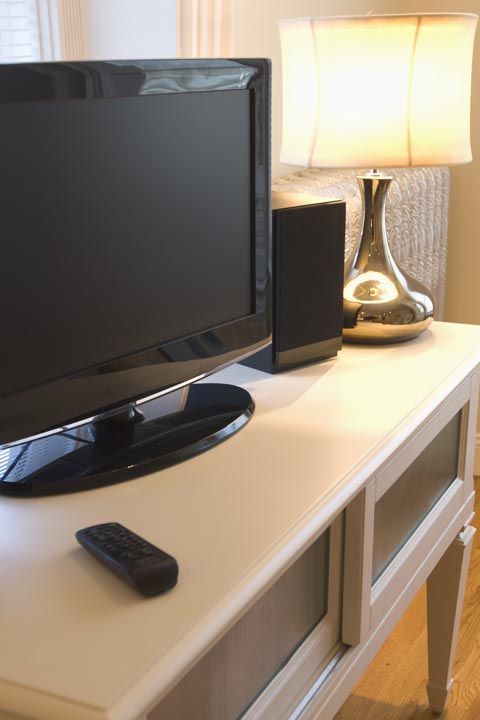

Look for a screen cleaner that doesn't contain any alcohol or ammonia and is specially made for LED and LCD screens. If that's the case, then a screen cleaner may be worth a try (though you should only use a cleaner if you absolutely need to).

Should you use a TV screen cleaner?įor particularly dirty TV screens, it's possible that distilled water and a cloth alone won't get the job done. If grime still remains after you wipe down your screen, then you can usually spot-clean any stubborn smudges with distilled water misted onto a clean microfiber cloth. Avoid pre-treated dusting cloths, as those could leave an oily residue on your screen. To avoid streaks, stick to wiping the screen in one direction on the first pass (either horizontally or vertically), and then wiping the screen a second time in the opposite direction. Then, use your microfiber cloth to wipe the screen, turning the cloth over as it picks up dust. Ideally, a dry cloth is all you'll need to get your screen clean, but if that doesn't fix your smudges, then you can try a cloth misted with distilled water.īefore cleaning your TV, be sure to turn it off, unplug it, and wait until it's cool to the touch before handling. Instead, stick to soft, lint-free microfiber cloths, which are gentle, non-abrasive, and (unlike paper towels) reusable. Likewise, paper towels and abrasive pads can leave scratches, as TVs nowadays are predominantly plastic and far more delicate than windows and mirrors. Modern TVs all have special coatings on their surface that can be ruined by strong cleansers and harsh chemicals, and that makes Windex (which contains ammonia and alcohol) a big no-no. However, spraying Windex on your TV is actually an easy way to permanently damage the screen. What should you use to clean your TV screen?īecause TV screens are reflective, you'd think that Windex would work just as well to clean them as your windows and mirrors. Dirt, fibers, pollen, and pet dander can all contribute to the dust that inevitably accumulates on your screen over time, and any time a visible layer of dust starts to form, it's time to give that TV screen a good cleaning. While all the electronics in your home could benefit from a weekly cleaning, the answer to how often you should clean your TV screen depends on how quickly it collects dust and fingerprints. How often should you clean your TV screen? Here's how to avoid a grimy screen on your next movie night, and no, the solution does not involve any Windex.


Just as you need to clean your mattress and clean your hardwood floors, TVs require regular dusting just like other parts of your home, and if you're not sure how to clean a TV screen, then you've come to the right place. Chances are, you and your family dedicate a good amount of time to TV watching every week-but despite the hours you've spent staring at your television, it might have never occurred to you to actually clean it.


 0 kommentar(er)
0 kommentar(er)
